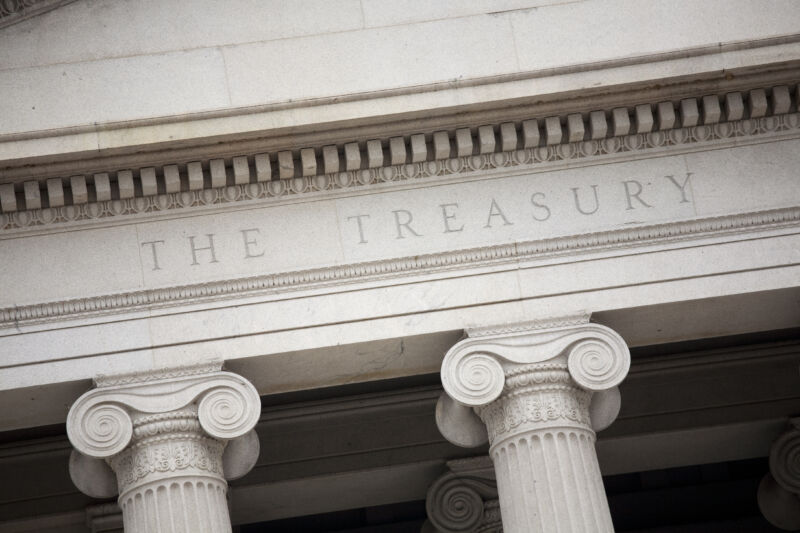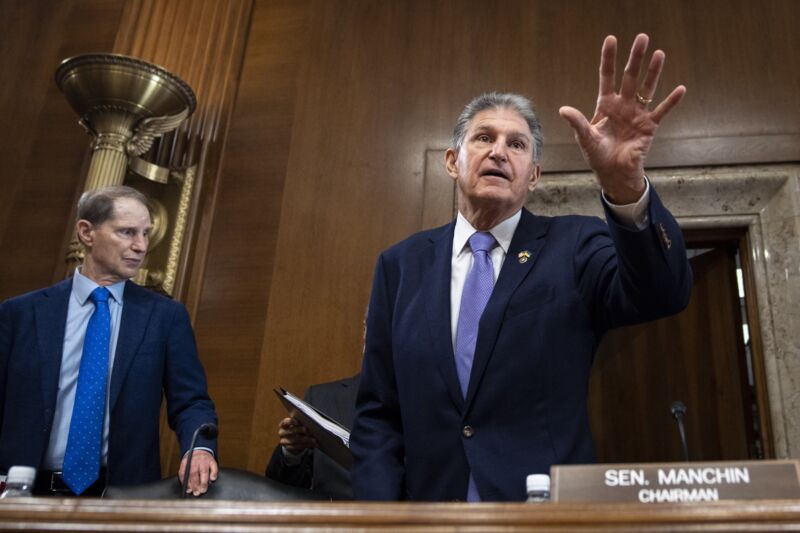UPDATE: Tesla tweaks Model 3 page of U.S. website encouraging buyers to take delivery now in anticipation of reduced tax incentives by March 31.
The U.S. Treasury Department’s guidance on battery sourcing requirements for the electric vehicle tax credits will result in fewer vehicles being eligible for full or partial credits, reports Reuters, citing an unnamed U.S. official.
The proposed EV credit guidance as included in the Inflation Reduction Act says that in order for vehicles to qualify for $3,750, which is half of the total credit, 50% of the value of battery components must be produced or assembled in North America. To get the remainder of the credit, 40% of critical minerals must be sourced from the U.S. or a country with which it has a free trade agreement.
The guidance on battery sourcing was meant to kick in on January 1, 2023, but in December the Treasury Dept. decided to hold off until March to give some EV-makers a grace period to meet the requirements.
The Treasury Dept. is expected to share its guidance Friday, and while the Reuters report doesn’t state exactly what it will be, we can guess that the full guidance will kick in, meaning many EVs will lose tax credits or see them cut. The Treasury Dept. is also expected to define key terms like processing, extraction, recycling and free trade deals.
The battery sourcing rules are aimed at helping the U.S. decrease its reliance on China for batteries. While most automakers have been reorganizing supply chains and bringing more processes onshore since COVID, not all will have had the chance to completely upgrade their battery sourcing in time to meet both the Treasury Dept.’s requirements and the increased demand for EVs.
China currently makes 81% of the world’s cathodes, 91% of the world’s anodes and 79% of the world’s lithium-ion battery production capacity, according to data from Benchmark Mineral Intelligence, a market research firm. For comparison, the U.S. has just 0.16%, 0.27% and 5.5% market share, respectively.
Despite the U.S., and most of its free trade agreement partners, being woefully behind China, the Biden administration has said it thinks over time, the tax credit will result in more EVs sold as automakers reorganize supply chains to meet the IRA rules, the source told Reuters.
In February, the Treasury Dept. updated the vehicle classification standard to redefine what makes a vehicle a sedan, an SUV, a crossover or a wagon. The change made more Tesla, Ford, General Motors and Volkswagen EVs eligible for up to $7,500 tax credits. Those vehicles stand to lose some or all of the tax credits once the battery sourcing guidance is out. In fact, Tesla on Wednesday evening updated the Model 3 page on its U.S. website to reflect this, saying the tax credit is expected to be reduced for the vehicle by March 31 and encouraging buyers to “take delivery now.”
Battery sourcing guidance might slash EV tax credits by Rebecca Bellan originally published on TechCrunch

Enlarge (credit: Getty Images)
On Friday the US Treasury Department published an update to the way it implements the new clean vehicle tax credit. Introduced in the Inflation Reduction Act of 2022, the new rules restrict the number of EVs that qualify for a federal tax credit of up to $7,500 with income and price caps, as well as a requirement for final assembly in North America and, once the Treasury has written some more guidance, a requirement for domestic content and value in the EV battery.
When the new rules came out in January, there were some complaints that some five-seat crossovers—the Cadillac Lyriq, Tesla Model Y, and Volkswagen ID.4—were being counted as sedans, with a $55,000 MSRP cap; anyone buying any of those EVs with a purchase price of more than $55,000 was ineligible for the tax credit, although the seven-seat Model Y was classified as an SUV and therefore only subject to an $80,000 MSRP limit.
The reason for that was the Treasury using the US Environmental Protection Agency's Corporate Average Fuel Economy standard classification, which categorizes light trucks (including SUVs and minivans) differently from passenger cars. But there's a separate EPA fuel economy labeling standard, used in consumer-facing applications, that already counted the Lyriq, Model Y, and ID.4 as crossovers and not sedans.

Enlarge / "The IRA and the EV tax credits must be implemented according to the Congressional intent to ensure the United States, as the superpower of the world, is not beholden to countries that don’t share our values," Senator Joe Manchin said in a statement sent to Ars. (credit: Drew Angerer/Getty Images)
Senator Joe Manchin (D-W.Va.) is unimpressed with the temporary leniency shown toward electric vehicles in terms of the federal tax credit, and he's determined to do something about it. On Wednesday, the senator introduced a new bill, "the American Vehicle Security Act of 2023." The bill would immediately implement the much stricter new tax credit rules contained in last year's Inflation Reduction Act even though the Department of the Treasury hasn't finished working out how to do that. Should Manchin's bill pass, it looks unlikely that any EV would qualify.
"It is unacceptable that the US Treasury has failed to issue updated guidance for the 30D electric vehicle tax credits and continues to make the full $7,500 credits available without meeting all of the clear requirements included in the Inflation Reduction Act," Manchin said in a statement sent to Ars.
That's not all. According to some outlets, the senator wants anyone who might have been issued an EV tax credit in 2023 to have to repay it, unless they could prove the car satisfied the domestic sourcing requirements. And that could be costly news for anyone who rushed out to buy a new Tesla after that company slashed prices to allow more of its EVs to qualify for the new tax credit rules.